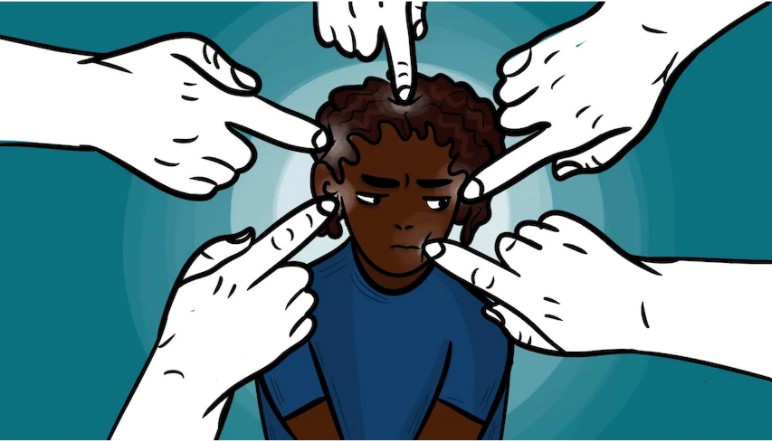By Jadyn Settles
Many generations of black people have held the disparities and trauma as a result of our oppressive history. Having to juggle the current forms of racism with many current issues has caused many to struggle with mental health. Shared cultural factors among the black community reflect what we tend to view mental health as, and it’s usually undermined. In addition, the socioeconomic position is linked to mental health; poor, homeless, incarcerated, or have drug abuse issues are more likely to suffer from mental illness.
There are many different forms of racism and ways to show up in our everyday lives, most of which we see as normal. Racial trauma is the traumatization that results from experiencing racism in any of its many forms. It’s not only just one major event, but it can also come from a series of racially charged experiences, even those that are subtle. These “subtle” acts can be things like being avoided on the street because you are feared. Institutionalized or systematic racism is racism embedded in laws or regulations in society or an organization. The mass incarceration of black people or the difficulty with getting loans from banks or credit card companies are examples of this. The general oppression of African Americans along with intergenerational trauma has caused many to struggle with mental health even though only 30.6% of adults with mental health issues received treatment as of 2017.
Over the past year, Sixteen percent (4.8 million) of Black and African American people reported having a mental illness, and 22.4 percent of those (1.1 million people) reported a severe mental illness. Racism has caused black people to disproportionately experience depression, anxiety, post-traumatic stress disorder, and suicidal tendencies.
Binge drinking, smoking (cigarettes and marijuana), illicit drug use, and prescription pain reliever misuse are also more frequent among Black and African American adults with mental illnesses. Nearly 90 percent of Black and African American people over the age of 12 with a substance use disorder did not receive treatment.
Psychologist Satira Streeter-Corbit says that “Black people have been traumatized for so long that they don’t even recognize how traumatized they’ve been.” Many black people have become so familiar with the idea that because things are better than they have been historically, moving for improvement would be like discrediting our historical progress. Hazel Edney says that the way black people cope with their mental health issues “depends on the choices that people make and the atmosphere they are in.” Providing more resources for black people, particularly in impoverished communities, could improve the overall mental health of many black people.
According to New York’s office of mental health, someone with racial trauma tends to constantly think about and re-live distressing events, have a lot of anxiety, suffer from chronic stress, have difficulties with memory, struggle with sleep or insomnia, avoid people and be less willing to take risks.
It is reported that you can relieve these issues by building coping skills. For example, you can reduce stress with breathing exercises, exercise, and participating in creative activities. Getting support from friends and family can allow you to be open about your feelings around your experiences and can be encouraging. Receiving treatment and going to therapy can also really help you work through your feelings and trauma healthily.
